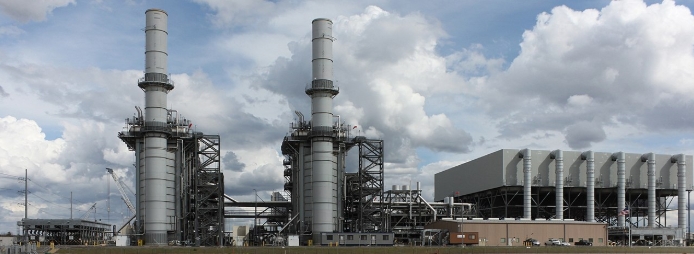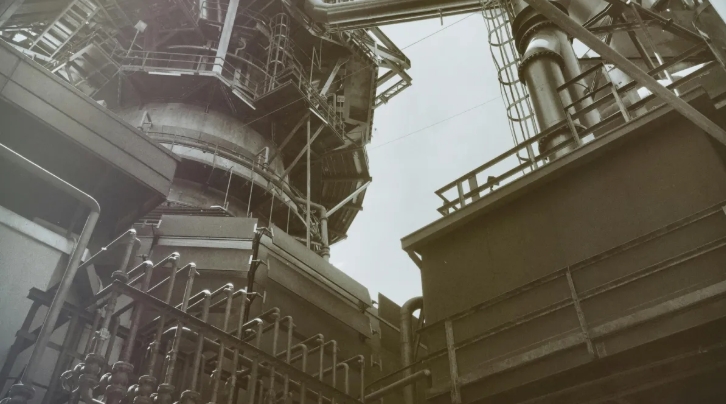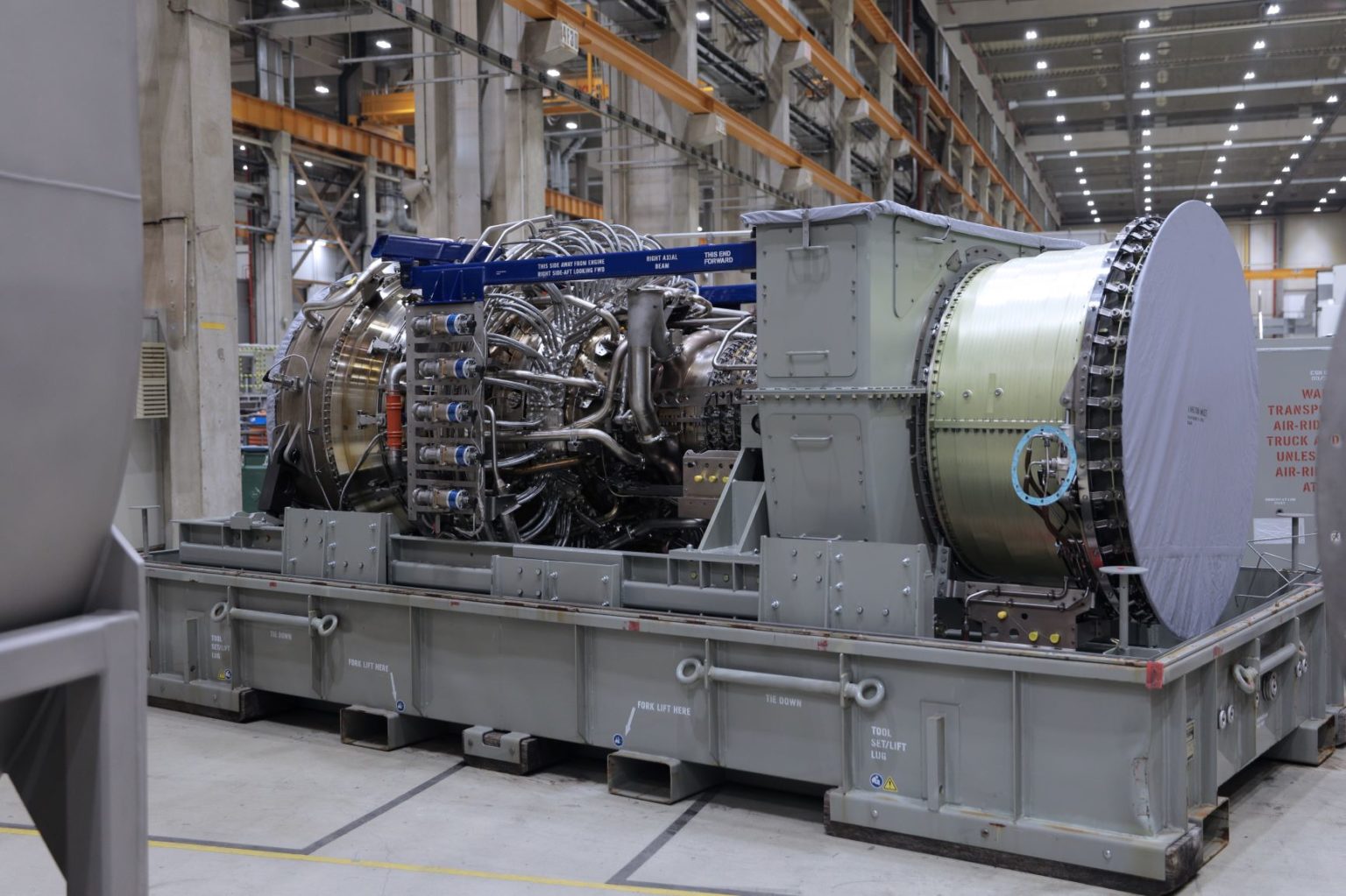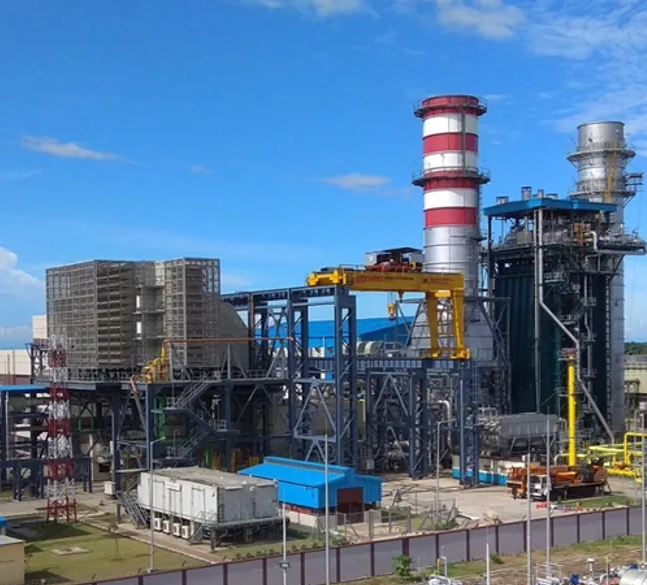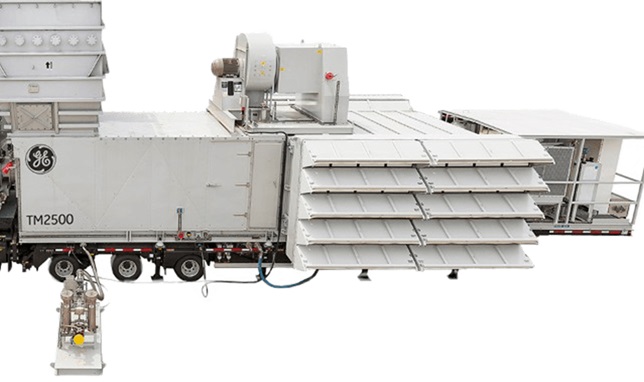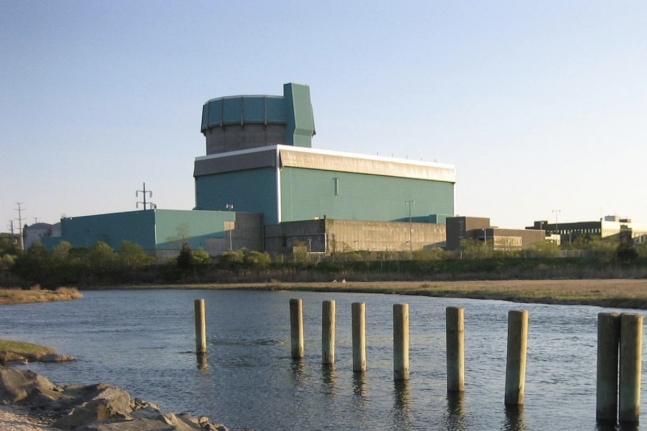
Image: Meta Nemegi - Paul Searing, CC BY 2.0
The LIPA board of trustees has approved two battery storage projects proposed by developer Key Capture Energy. The 79 MW project in Hauppauge and the 50 MW facility in Shoreham, both in New York’s Suffolk County, will provide the utility with capacity and dispatch rights under 20-year PPAs.
The project in Hauppauge will sell LIPA 79 MW and 316 MWh of capacity. The Shoreham project is being developed on a portion of the site of the former Shoreham Nuclear Power Station, which LIPA owns (and this author’s father worked as a licensing specialist there prior to its decommissioning in 1994). The utility will purchase a guaranteed 50 MW and 200 MWh of capacity.
LIPA says both facilities will help meet clean energy goals and reliability needs for its service area on Long Island and the Rockaways section of Queens, New York, which is geographically on Long Island.
“These projects are critically valuable for our electric grid and will be valuable additions to our power supply portfolio,” said John Rhodes, acting CEO of LIPA, adding that the utility decision will enable Key Capture Energy to seek final approvals from the relevant towns where the projects will be sited.
In 2019, the New York State Climate Act set a target that 70% of the state’s electricity should be produced by renewable sources by 2030. The legislation included a target of 3 GW of energy storage for the state, which has since been expanded to 6 GW by the NY Public Service Commission. There is broad agreement among developers and supporters that successful storage implementation requires clear policies at the state level such as this one.
LIPA says it intends to meet its share of these goals by procuring approximately 175 MW of new bulk energy storage contracts to prepare the electric grid for projected changes, such as increasing requirements for electrification as fossil-fueled plants are retired and in preparation for offshore wind generation.
While the Shoreham Nuclear Plant was a victim of contemporary concerns over the safety of nuclear energy, LIPA is not unaware of the fire safety issues attending battery storage using lithium-ion technology. According to the utility, fire incidents at smaller battery storage facilities on Long Island and New York State have highlighted the need to adequately address fire safety, including measures to prevent and respond to battery storage fires.
To address these incidents, New York created the Inter-Agency Fire Safety Working Group to ensure the safety and security of battery-based energy storage. LIPA says the two projects proposed by Key Capture Energy reflect the working group’s recommendations.
Developers of battery storage projects have stressed the importance of involving fire safety officials and first-responders in the details of facility technologies and layout.
